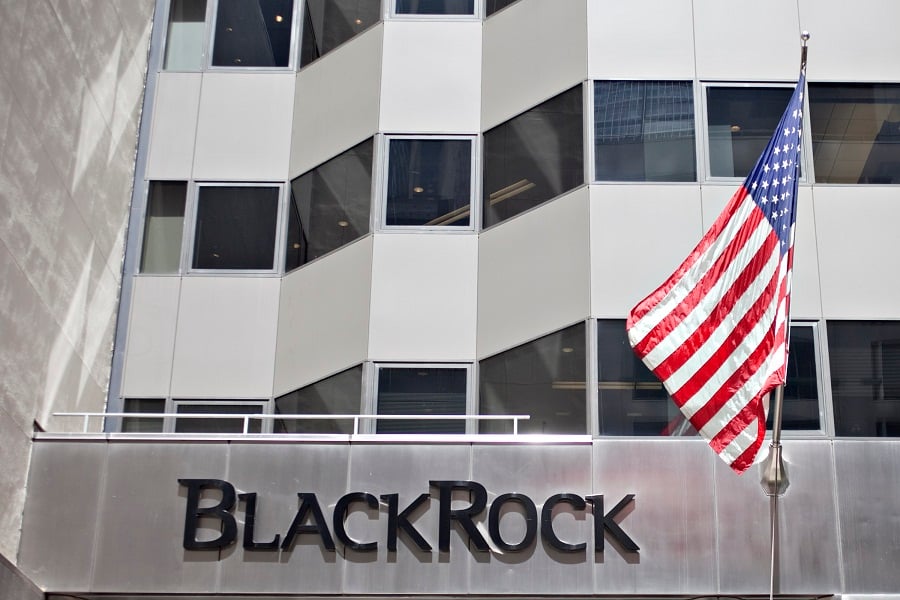BlackRock Inc. saw net outflows from its long-term investment products for the first time in five years during the first quarter, as panicked investors fled the market turmoil.
Institutional investors withdrew about $31 billion from offerings including mutual funds and exchange-traded funds,
BlackRock said Thursday. Total net outflows from such long-term investment products were $19 billion in the quarter.
The figures show that even the world’s largest asset manager felt pain from the first quarter sell-off, as much of corporate America sees the pandemic upend its 2020 plans. BlackRock ended last year with record assets under management and annual inflows reaching new highs. In January, Chief Executive Larry Fink announced a new focus on incorporating environmental concerns into the asset manager’s investment processes, but the virus thrust a separate set of urgent issues to the forefront.
“We were beginning one of the best times in our history,” Fink said in a CNBC interview Thursday, referring to the start of the first quarter. “We ended up where we saw big outflows in the index products.”
[More: BlackRock waives ETF fees for New York Federal Reserve]
Bond fund flight
BlackRock ended the quarter with nearly $10 billion in outflows from index funds and
$52 billion in inflows for its cash management business.
A bull market turned into a financial meltdown at blistering speed in the first quarter as governments worldwide ordered businesses to shut and citizens to stay home to slow the spread of the virus. With economies stalled and investors panicking, the S&P 500 Index tumbled 20% in the three months through March 31.
BlackRock’s shares have fallen 12% this year, compared with a 14% decline for the benchmark.
“Even BlackRock isn’t immune to a market downturn,” Kyle Sanders, an analyst at Edward Jones, said in a note to clients Thursday. “While investors aren’t accustomed to seeing light flow trends at BlackRock, we believe results will be much better relative to significant outflows at peers.”
Fixed-income products suffered outflows of $35.4 billion in the period, as investors and companies raced out of even safe-haven assets and into cash during the financial meltdown. Equity products saw net inflows of $3.2 billion.
Fink said the firm saw $10 billion in flows to its environmental, social and governance exchange-traded funds in the the first quarter.
Total assets under management fell to $6.47 trillion, near the same level as the first quarter of 2019.
BlackRock also said Thursday it saw adjusted first-quarter earnings per share of $6.60 and revenue of $3.71 billion. Those results beat analyst estimates. The company is postponing its investor day.
Executives said BlackRock would not lay off any of its 16,000 global employees in 2020 as a result of the pandemic -- but it’s putting hiring on pause. More than 90% of BlackRock’s employees, including Fink, have been working remotely amid the virus-induced lockdowns.
Fink said Thursday that he believes the economy will be slow to “reboot,” and that the pace of the recovery will depend on adequate testing for the virus.
[More: BlackRock colors a money fund green]







